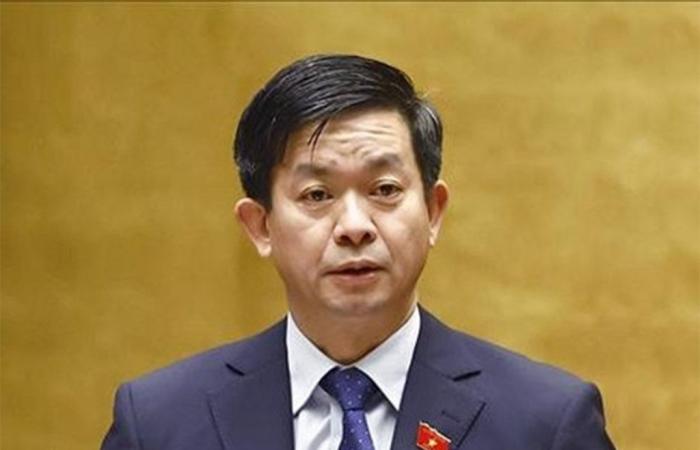In 37 days of work, deputies will consider and decide regarding three resolutions on constitutional work, 51 laws and opinions referring to legislative work, and about 14 groups of socio -economic content, of the state budget, supervision and other important issues, he said.
The also and head of the Office of the National Assembly highlighted the thorough preparation work carried out with a view to this period of sessions that will pass in two stages: the first of May 5 to 29 and the second from June 11 to 28.
Quang Trung detailed at a press conference that the Legislative will examine the complementary evaluation report on the results of the execution of the Socio -Economic Development Plan and the State Budget of 2024, as well as those corresponding to the first months of this year.
They will also consider for approval the resolution of the Parliament on the fusion of the provincial administrative units, and will address the creation of the National Electoral Council and the possibility of shortening the mandate of the XV National Assembly and the popular councils of all levels for the period 2021-2026.
For its part, the Vice Chief of the Vietnamese Legislative Office, Vu Minh Tuan, referred to the modification and complementation of a series of articles of the 2013 Constitution, which defined as “an extremely important task”.
This session will decide on truly urgent matters that the Central Committee of the Communist Party (PCV) agreed in its full XI and is referred to the rationalization of the state apparatus, especially the ordering of administrative units and the construction of a local government model of two levels: provincial and communal.
At the end of the last April, in the 44th session of the Permanent Committee of Parliament, the president of the National Assembly of Vietnam, Tran Thanh Man, explained that the review of the current Constitution of 2013 would cover two large groups of content.
The first refers to the provisions related to the Front of the Homeland of Vietnam and socio -political organizations in order to rationalize the organizational apparatus, while the second concerns provisions related to the implementation of the local administration model at two levels.
The review of the Magna Carta, as well as the laws and related resolutions, must be completed before June 30 and enter into force as of July 1, 2025.
Simultaneously, from May 6 to June 5, a popular consultation on said constitutional reform will be held throughout the country. Mem/mpm






